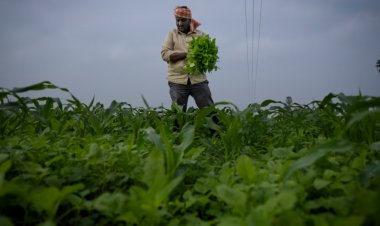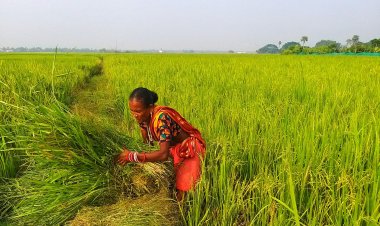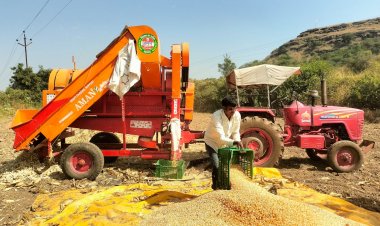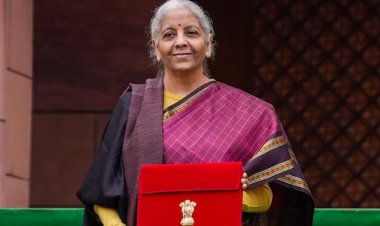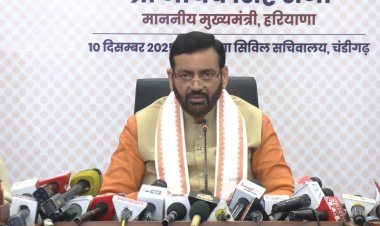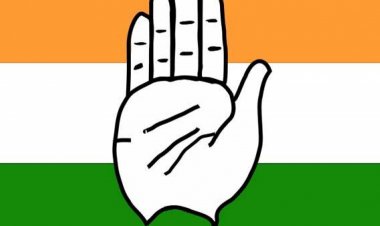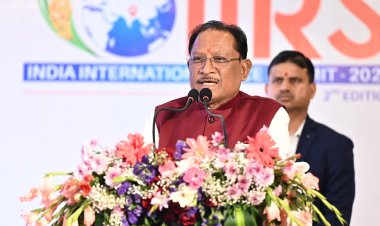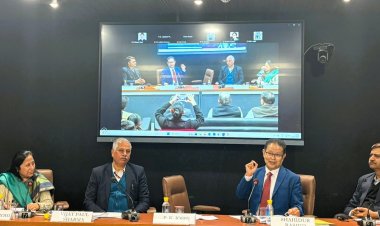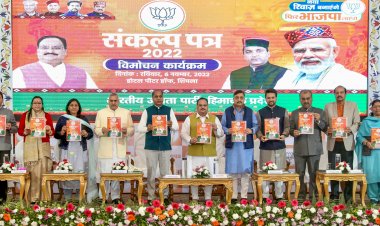Allies extend support to Modi, but conditions apply
The new coalition government at the centre is set to encounter significant challenges. Seasoned politicians Nitish Kumar and Chandra Babu Naidu have rejoined forces with the BJP, bringing extensive experience in coalition politics to the table. For Prime Minister Narendra Modi, this marks the first time he will govern with a coalition dependent on diverse partners, each seeking a substantial influence in the government.
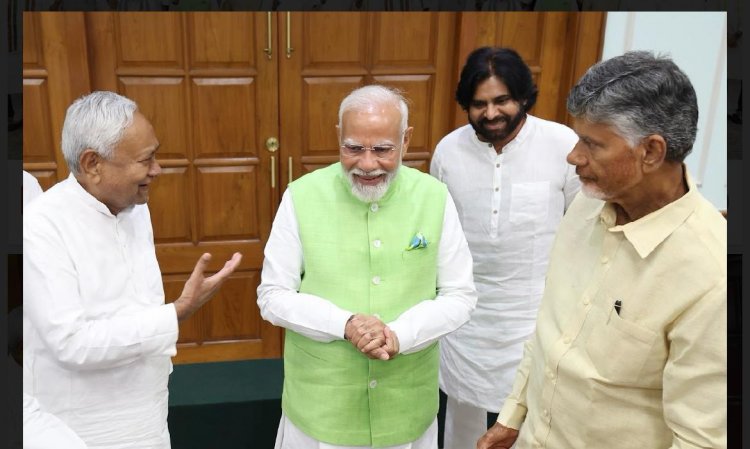
The results of the Lok Sabha elections 2024 have come. The BJP, which had secured a majority on its own in the last two elections, is 32 seats short of the majority figure. But the National Democratic Alliance (NDA), which came into the limelight again a few months ago, has a majority figure with 293 seats. The relationship of the two major allies who made this figure reach the majority, Janata Dal (U) and Telugu Desam Party (TDP) chief Nitish Kumar and Chandra Babu Naidu, with the BJP has been changing. Both were allies of the Congress in between and are now with the BJP.
Along with this, it is also true that in the last ten years, the government led by Prime Minister Narendra Modi was the "Modi Government" which was never promoted as the NDA government. Rather, it was known more as the Modi government than the BJP government. This is the reason why Modi's guarantee and Modi's face remained at the forefront throughout the election. But according to the possibilities after the election results, the formation of the NDA government is certain. In this way, there will be a coalition government in the country after a decade.
The question arises that what is the reason for BJP's tally coming down by 63 seats from 303 seats last time to 240 seats this time. This is the question that will determine the direction of this alliance. Actually, it has become clear from these elections that an election like a Presidential Referendum cannot be held in India. The people of the country are not ready to give a majority to the central government based on the name and work of a single leader. Secondly, people do not have full faith in the big claims of development made by the government because the ground reality is different from the claims of the government.
Even though a GDP growth rate of 8.2% has been achieved, the economic condition of the rural population and the lower middle class is weak. Narrative like we are creating job givers instead of job seekers is not being accepted by the people now. Unemployment is a big issue which the opposition tried to capitalize on against the BJP and was successful in many places. The issue of the growing gap between the rich and the poor and economic inequality in the country also dominated these elections. These results show how the backlog of job vacancies in government departments is angering the unemployed.
Whatever claims the government makes, employment in the manufacturing sector is decreasing and dependence on agriculture is increasing. On top of this, the Agniveer scheme has limited the employment options in the army for the youth of rural areas. This has been used by the opposition parties to create an atmosphere against the government in the states like Uttar Pradesh, Haryana, Rajasthan and Punjab which send the maximum number of soldiers to the army.
BJP has suffered huge losses in these elections in rural seats as compared to 2019. Farmers are angry with the government on issues related to agriculture. BJP has suffered losses in rural seats of many states including Maharashtra, Haryana, Rajasthan, Punjab and Uttar Pradesh. Issues like farmers' movement, issue of fair prices of crops, ban on agricultural export, free import of agricultural products influenced the votes of farmers. On the other hand, Congress and Samajwadi Party and their allies tried to capitalize on issues like legal guarantee of Minimum Support Price (MSP) and farmer loan waiver. Whereas BJP's election manifesto did not have much to say for farmers, rural economy, employment opportunities and small businessmen. Because it was considering whatever it was doing right now as right.
Along with this, a big lesson of this election is that while minorities and especially Muslims used their votes better against BJP, the issue of Hindutva could not unite Hindus in favour of BJP the way it did in 2014 and 2019. BJP suffered the biggest setback in Faizabad seat where newly constructed Ram temple in Ayodhya was considered a guarantee of BJP's victory.
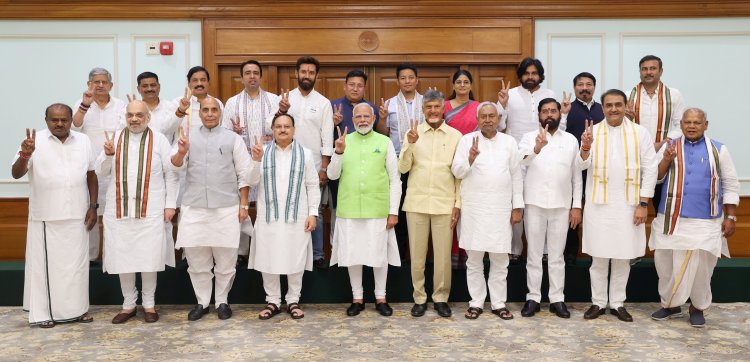
Everything is going very well. BJP will have to avoid this notion. Because despite the Indian economy growing at a fast pace, the situation is not much better for the common man. Inflation and unemployment are big issues. The class that has benefited from the government's schemes like free food grains, houses, toilets and Ujjwala is also no longer a big winning factor for the BJP, this is also being proved in this election.
In such a scenario, the path of the coalition government to be formed at the centre will not be easy. Nitish Kumar and N Chandrababu Naidu, who have come back with BJP, are veteran politicians of coalition politics. In true sense, this will be the first coalition-dependent government for Narendra Modi, in which the allies will want an effective share. Also, the opinion of the allies will now matter in the decisions of the government. In such a scenario, the condition of following the coalition dharma will be added for the so-called big decisions. Its first test will be in the formation of the cabinet of the future government. After that there will be pressure of demands of the allies. Demand for giving special status to Bihar and Andhra Pradesh may arise. Opposition parties have already been insisting on this demand. JDU and TDP, who are taking part in the government, will be under pressure of this demand.
Many decisions included in the 100-day agenda prepared by Prime Minister Narendra Modi for the new government from government officials during the elections may be obstructed or put on hold due to coalition constraints. However, some people also believe that when the Prime Minister has been running the government for ten years, it is not appropriate to talk about the 100-day agenda now. After ten years, in true sense a coalition government will be formed at the centre. Performance record of coalition governments has been good in the past in terms of decision making and governance. Similar expectations will be there from the new government as well.



 Join the RuralVoice whatsapp group
Join the RuralVoice whatsapp group

















